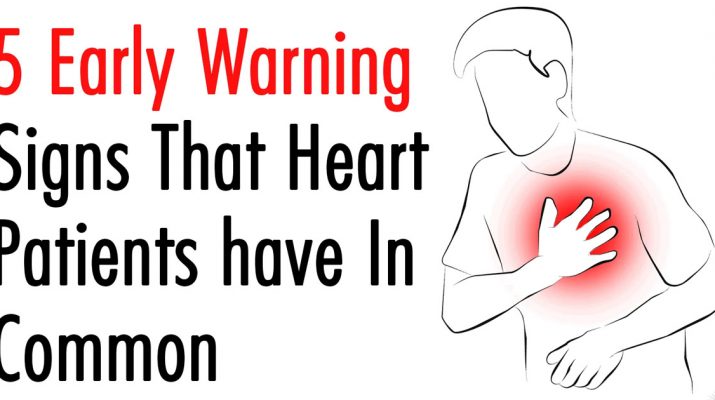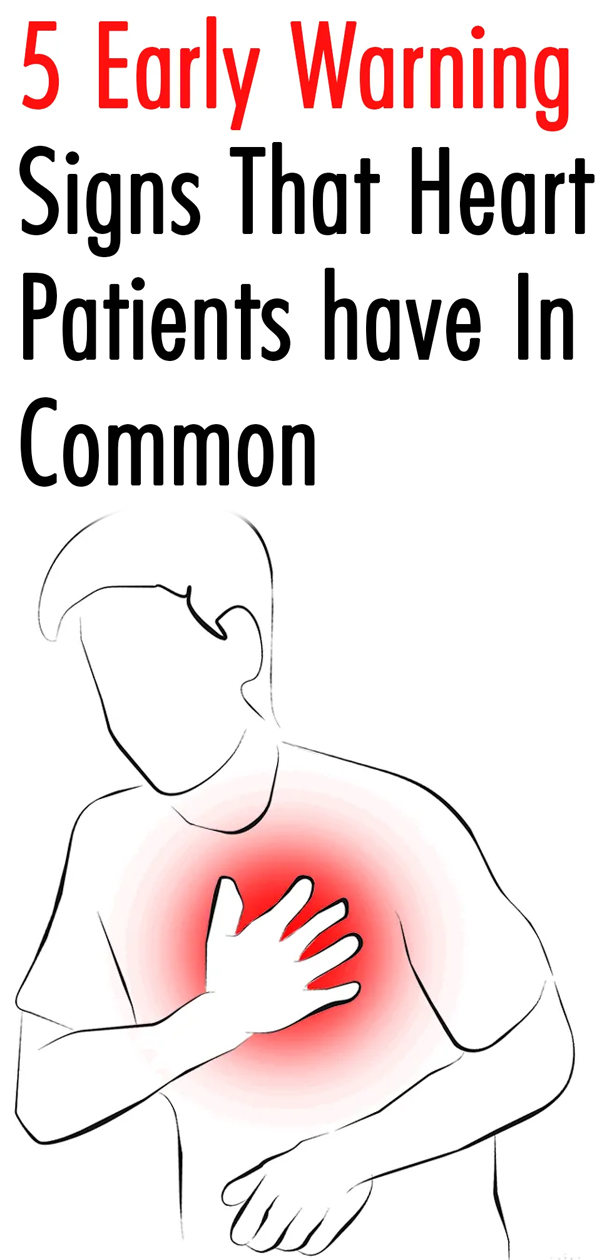19 Percent: The Percentage Of People Who Contact Emergency Medical Assistance (‘911’ In The U.S.) After Experiencing Potentially Life-Threatening Cardiac Symptoms.
19 percent. So, roughly four out of five cardiac arrest patients never call for an ambulance. That’s not good.
Dr. Sumeet Chugh, associate director of the Heart Institute and director of the Heart Rhythm Center at Cedars-Sinai Medical Center in Los Angeles, explains why:
“Most people who have a sudden cardiac arrest will not make it out alive. This is the ultimate heart disease, where you die within 10 minutes. And less than 10 percent actually survive.”
Heart attack? Cardiac Arrest
“Roughly half of cardiac arrest patients experience telltale warning signs that their heart is in danger of stopping the month preceding their attack, new study findings suggest.” ~ Alan Mozes, Health.com
Here’s something for all of us to keep in mind: despite the majority’s tendency to label a cardiac arrest as a heart attack, the two conditions are different.
A heart attack occurs when there is an arterial blockage, which restricts blood flow to the heart. A cardiac arrest is when the heart’s electrical system goes haywire.
(Good to know!)
Half of all annual heart-related deaths in the United States (approx. 350,000) are attributable to cardiac arrest.
It’s not their fault.
It goes without saying that nobody in their right mind would willfully ignore the symptoms of cardiac arrest.
So why do 80-plus percent of cardiac patients not call 911? Why do 50-plus percent who experience telltale symptoms of cardiac arrest do nothing?
Because for years we’ve been told that a heart attack is an unexpected – and in many cases, asymptomatic – health problem.
Further, it’s easy to attribute acute signs, e.g., shallow breathing, to anxiety or some other condition.
In other words, it’s not their fault.
Dr. Chugh explains:
“For years we have thought that (cardiac arrest) is a very sudden process, But with this study, we unexpectedly found that at least half of the patients had at least some warning signs in the weeks before.”
Chugh goes on to say that this study may “open up a whole new paradigm” in how people react to possible cardiac symptoms. “And this is important because those who react by calling their loved ones or calling 911 have a fivefold higher chance of living.”
About the Study
Here’s are the main findings of the study:
– Demographic data: 840 cardiac arrest patients, aged 35 to 65.
– Percentage who experienced warning symptoms: 50% of men and 53% of women.
– The ratio of patients who experienced symptoms within 24 hours of heart failure: 9 out of 10.
– The most commonly-cited symptom among men: chest pain.
– The most commonly-cited symptom among women: shortness of breath.
5 Early Warning Signs Of Heart Problems To Watch For
Per the study, published by the American College of Physicians, and per information derived from the American Heart Association (AHA) website, here are five possible indicators and symptoms of cardiac arrest:
1. Shortness Of Breath
In the study, shortness of breath was the most commonly experienced symptom among female cardiac patients. Per the Mayo Clinic, shortness of breath is a feeling of “intense tightening in the chest, air hunger or a feeling of suffocation.”
Besides heart abnormalities; strenuous exercise, high temperatures, massive obesity, and high altitude can cause shortness of breath in an otherwise healthy individual.
2. Chest Pain
Chest pain was the most frequently reported symptom of cardiac arrest among male patients.
According to the Cleveland Clinic, certain types of chest pain warrant an immediate visit to the emergency room. Here’s what doctors from the Clinic advise:
“If you experience pain, pressure or discomfort in the center of your chest or in your arms, back, jaw, neck or stomach – along with shortness of breath (for) a least five minutes, call 9-1-1.”
3. Flu-Like Symptoms
Flu-like symptoms, including abdominal pain, back pain, nausea, and vomiting may arise. When these symptoms concurrently surface with chest pain, shortness of breath, or health palpitations, call 9-1-1 or your local emergency services.
Having flu-like symptoms for longer than two weeks is another cause for concern.
4. Loss Of Consciousness
If either you or someone you know suddenly collapses from an unconscious state, the first thing to do is call an ambulance.
Per Healthline: “people who become unconscious don’t respond to loud sounds or shaking. They may even stop breathing, or their pulse may become faint.”
People suffering from a potential heart problem will often become temporarily unconscious, also known as fainting.
5. Other Signs
Dr. John Day, president of the Heart Rhythm Society and director or Heart Rhythm Services at Intermountain Medical Center Heart Institute in Murray, Utah cites other possible complications that may increase the risk of cardiac arrest:
“(the abovementioned) signs should not be ignored, particularly if you have risk factors for heart disease, such as a family history of heart problems or high blood pressure, cholesterol, diabetes or a known heart condition.”
Heart Health Tips
WebMD provides the following tips for better heart health:
– Get at least seven hours of sleep.
– Control blood pressure by limiting alcohol and sodium intake.
– Eat a diet rich in fruits, lean proteins, vegetables, and whole grains.
– Reduce or eliminate saturated fats (make sure to read the labels, too!).
– Get tested for diabetes.
– Exercise for 30 minutes per day, 5 days per week.
– Don’t smoke or vape.
– Make sure to manage stress in a healthy way (consider exercising, meditation, or yoga.)
And, finally …
– Remember to laugh and have fun! Don’t take life too seriously!


